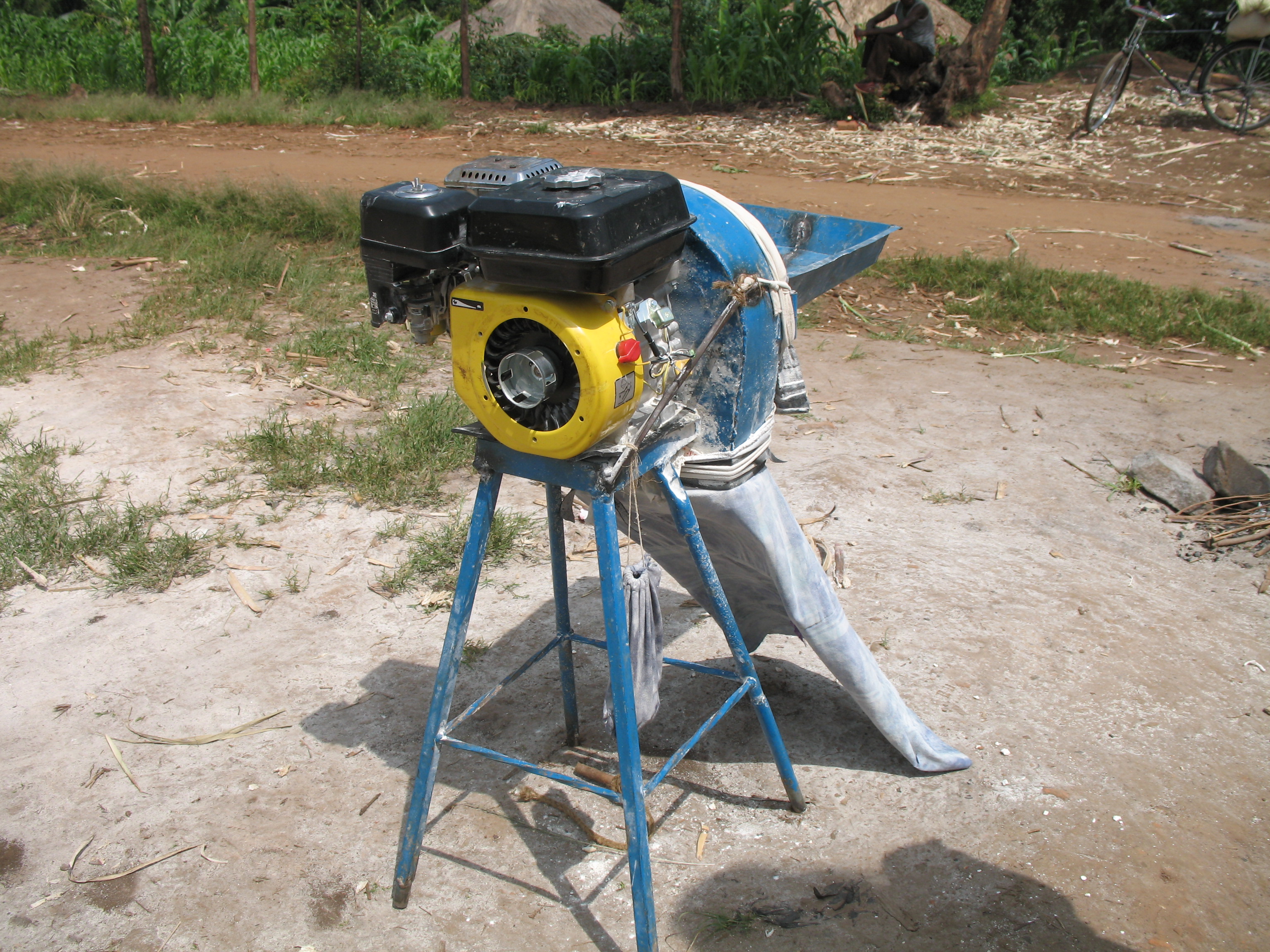Flour Mills
TILT initially provided six small, portable gas-powered flour mills for a womens’ entrepreneurial project in which groups of responsible women in a village are capitalized with a flour mill to start a business milling flour for their local area.
More recently, TILT provided grants totalling approximately $20,000 to fund three fixed maize milling centers in the Nebbi and Zombo districts. These mills package the flour without human touch, which allows registration to open a retail market in the district. Profits from these milling centers are being used not only to sustain and grow the businesses, but also are being used to seed other local businesses, such as poultry production.
On registering with the Local District Government as a retail business, the first group to receive packaging equipment learned that a dedicated store was required for their flour, one that is not used for grinding or for other storage. We have funded such a store for each of the women’s groups that has a commercial grinder.

Each mill is managed by a group of VSLAs. Because each VLSA is limited to 30 participants, the success of the Nebbi mill has led to an additional four VSLAs being formed to accomodate additional members. The established VSLAs are mentoring and overseeing the new VSLAs to give them a chance of success.
The packaging equipment used is also used to package maize and bean as Qualified Declared Seed meeting government certification requirements for consistent quality. This increases the value and price of the seed that is sold, providing both a financial benefit to the VLSAs responsible for the facilities and an improvement in crop yield throughout the area.
The women’s VSLAs that received improved maize and bean seeds are harvesting more grain than can fit into the empty space in the village houses. They need storage buildings that will prevent loss from mold and insects. Two storage buildings are needed urgently for women’s groups that are distant from buildings that can be rented. After that, six storage buildings have been requested for villages that can share two by two. The cost of materials for each storage building is estimated to be US$3,000.